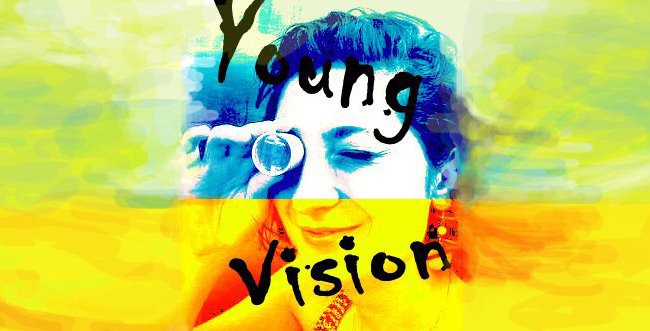If you're wondering how one piece of art can offend 27 countries simultaneously, then hire a Czech artist under the name of David Cerny, sit back and watch. He will surely take care of this task because he has the necessary background after angering the lares and penates of the European Union with his newest sculpture Entropa.

Officially launched on Jan. 15, 2009, Entropa constituted of a map of geographic symbols representing the 27 EU member states in a comic fashion intended to provoke Europe's sense of humor. The sculpture was supposed to honor the European Union member states, celebrate diversity and officially mark the Czech presidency of the EU. It was intended to artistically illustrate and complement the words of the Czech Deputy Prime Minister Alexandr Vondra spoken at the sculpture's launch ceremony, "Freedom of expression is a founding principle of democracy." Its effects, however, couldn't have strayed farther away from these goals and what it ended up provoking was mostly Europe's strong criticism. The exhibit proves that when a vision of art is placed in a highly sensitive political context, controversy can hardly be avoided.
The mosaic of European geographical shapes assigned stereotypical and prejudicial symbols to the 27 European Union members. The territory of France on the map is covered with a poster saying "GRÈVE!" that translates into "On Strike!" Romania is portrayed as a Dracula-themed amusement park with special sound effects. Spain is an empty construction site with a concrete mixer placed in the country's northern part. Luxemburg, a golden chunk, carries a For Sale tag with a telephone number to contact. The United Kingdom is the missing piece from the mosaic. Greece's territory is covered by a completely burnt forest. Worst of all, Bulgaria is depicted as a series of white squats (Turkish-style toilets).
Although Cerny saw the installation as an opportunity to learn to laugh over stereotypical images and transcend cultural boundaries, the rest of Europe was displeased with such unfavorable representations. But then again, the rest of Europe doesn't have Cerny's crude humor. Though not put on display at the European Council building in Brussels, the artist's previous works were equally controversial. In the garden of Futura Gallery in Prague, Cerny designed two nude sculptures that visitors can climb on a ladder situated between the figures' legs. They can peek into the figures' arses and watch a video showing Czech President Vaclav Klaus and the head of the National Gallery Milan Knizak feeding each other slop to the soundtrack of Queen's "We are the Champions."
"I seriously, we seriously expected that this will be taken as a joke, as a nice piece of work, as a nice installation, and nothing else," said Cerny about his latest project in a speech in Brussels. Unfortunately, the artwork was taken as something else by many who viewed it as humiliating and reinforcing negative stereotypes instead of eradicating them. Moreover, the production of this "nice piece of work" cost EUR 375,000.
After receiving complaints and widespread criticism about the exhibit, the Czech government officially apologized to the offended member states. "This is not how the Czech government or the Presidency view EU or any member state," said Czech Deputy Prime Minister Alexandr Vondra. This is, however, how the EU understood Entropa's political message masked in an inexplicable art form.
Source:
The Mount Holyoke News,
A&E









